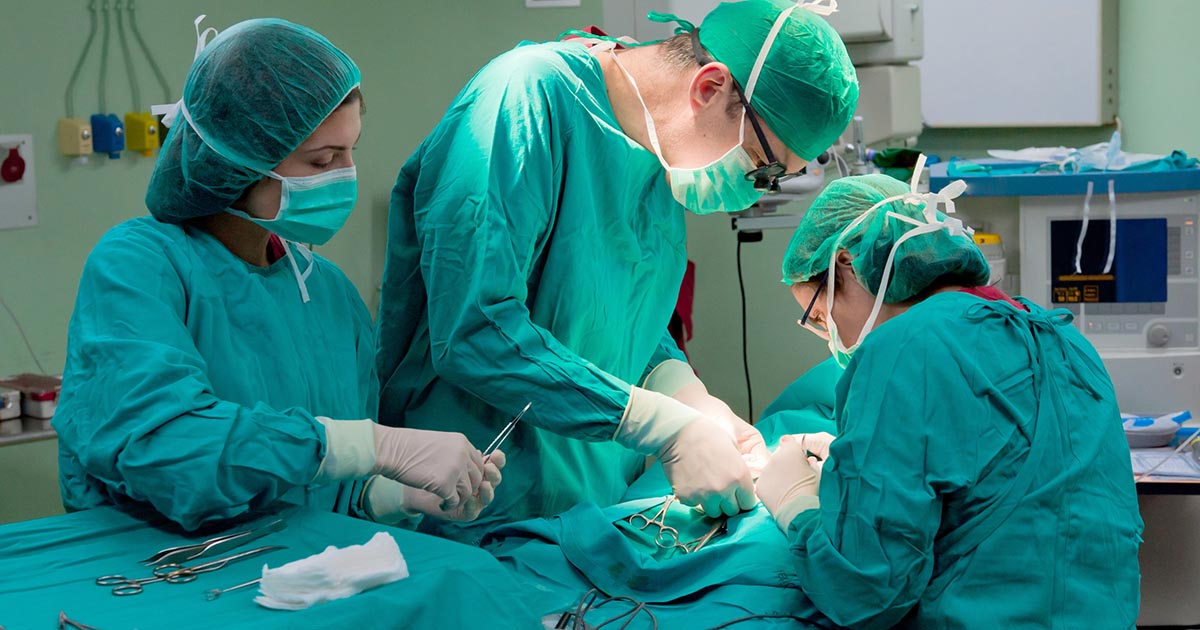Treatments For Cushing's Syndrome
Cushing's syndrome, also referred to as hypercortisolism within the medical community, refers to having excess cortisol in the body and its subsequent effects. The extended exposure to cortisol produces many adverse effects on the body. Cushing's syndrome is more prevalent amongst females than it is among males. This condition is considered to be a somewhat rare hormonal disorder predominantly diagnosed among those aged twenty to fifty; however, children are also affected by this disorder.
Symptoms may include obesity or trouble with weight management, fatigue, bruises, high blood sugar and blood pressure, hirsutism, trouble sleeping, and loss of libido. These symptoms can be managed and mitigated if the proper treatment is given.
Surgery

After performing a patient examination and diagnosing a patient with Cushing's syndrome, doctors will determine the cause of this disorder. Cushing's syndrome is sometimes the result of a tumor within the body. Most cases of this disorder are caused by benign pituitary adenomas, which release excessive hormones that signal the adrenal glands to overproduce cortisol.
Surgery may be necessary to remove these tumors, depending on the location of the tumor in question. Adrenal tumors called adrenal adenomas may also cause Cushing's syndrome, as they directly release high amounts of cortisol or androgens into the body. Operations to remove these tumors have been highly successful in curing a patient's Cushing's syndrome. If a pituitary surgery is needed, a neurosurgeon will remove the gland through the patient's nose. If adrenal tumors are causing Cushing's syndrome, a qualified endocrine surgeon will go through the abdomen to remove the tumor(s).
Radiation Therapy

If surgical methods are not an option for treatment or have been previously unsuccessful, doctors may recommend radiation therapy to shrink the tumor. This type of treatment takes time to resolve Cushing's syndrome. However, Gamma Knife radiation may typically be administered to the patient during one session, because the tumor is non-cancerous.
Patients pursuing this treatment route may also need to take additional hormones after treatment, depending on its success. Even if a patient has no detectable tumor, this radiation may be focused directly on the whole pituitary gland to adequately treat the patient's Cushing's syndrome. If neither surgical methods nor radiation is an option or is deemed unnecessary, medications are available to reduce a patient's overall cortisol levels.
